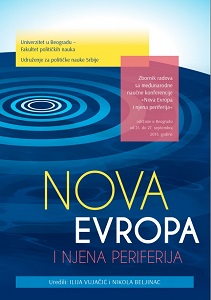
We kindly inform you that, as long as the subject affiliation of our 300.000+ articles is in progress, you might get unsufficient or no results on your third level or second level search. In this case, please broaden your search criteria.











The mafia state employs a multistep domestication methodology. Its first step is the centralization of funding and its control by a procurator. This move is “successful” with the majority of civil groups since they are primarily invested in realizing a given organizational goal rather taking a political stand. Therefore, in accepting the procurator’s response—funding or the promise of it in case of wait lists—they would not voice their discontent with this operational system. If the constrained funding does not suffice to reach its goal, the state deploys the media by, for instance, subjecting the oppositionally oriented civil society actors to communicational pressure. On this level all but those organizations would persist which, of the threefold task of civil society (participation, service, and control) would advocate the ethos of curbing the state’s dominance. Should the communicational pressure prove ineffective, the state will employ coercive means in order to enforce the government’s will, as exemplified by the intervention of the government’s Control Office and the police in the conflict with the NCTA. While the first method has been used more than a few times in the context of the Hungary’s incompletely realized democratic model, the second method’s application has been almost unprecedented. Finally, the deployment of central authority reveals how the octopus, an unequivocally nondemocratic system, works.
More...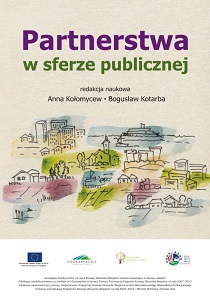
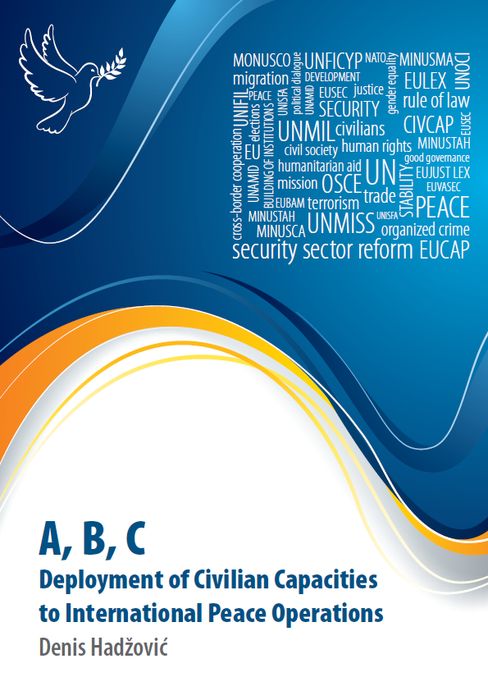
Since the end of the Cold War, peacekeeping has evolved into a more complex, multidimensional effort, encompassing military, civilian, political, and humanitarian tasks. This shift marked the emergence of peacebuilding, a broader concept dating back to post-WWII reconstruction efforts. The term gained prominence in the early 1990s when UN Secretary-General Boutros Boutros-Ghali defined it as actions to support structures that solidify peace and prevent conflict relapse. Subsequent documents, including the Brahimi Report, expanded peacebuilding to include integrated strategies across all phases of conflict. Modern "hybrid" peacebuilding operations, involving collaboration between the UN and regional organizations under joint leadership, engage diverse actors - international and regional organizations, NGOs, financial institutions, national agencies, donors, and local communities. This comprehensive approach has increased the involvement of civilian, police, and military personnel in peace operations. Post-conflict peacebuilding relies heavily on civilian expertise to address security, political, and socioeconomic reconstruction, which is vital for sustainable peace. With growing demands for civilian experts in peace missions - doubling in UN operations over the last decade - this policy brief reviews the operational requirements, legal frameworks, practices, and challenges of deploying civilian experts to UN, EU, OSCE, and NATO peace operations.
More...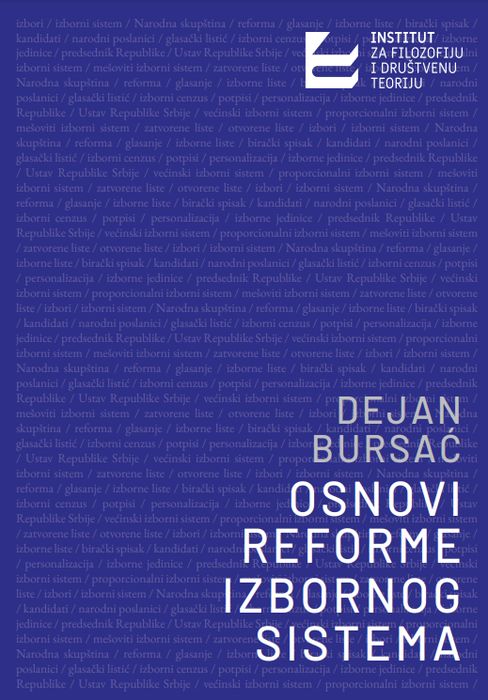
Reality sometimes overtakes scientific research and academic debate. Although the topic of this monograph goes beyond just one in a sea of electoral cycles, the events of the elections held in Serbia on December 17, 2023 significantly influenced the return of the narrative about the need for electoral reform to the domestic public. It certainly contributes to the topicality of this book. Election conditions as one of the important political issues in Serbia have been present in the public discourse for several years - at least since before the 2020 elections and the announced, and then realized, boycott of most opposition parties; while the need for change or at least serious reform of the electoral system has been discussed in academic circles for two decades. Despite this, the electoral system that has been in force in Serbia since October 2000 has proven to be extremely resilient. Its consequences are often extreme, both from the point of view of electoral actors, and from the point of view of the wider institutional and social framework, which we will discuss in a series of chapters below. The proportional electoral system with closed lists and the entire country as one electoral unit is rare in comparative practice and is applied, with greater or lesser variations, by only a few countries around the world, but in Serbia last year it celebrated its anniversary, since it was applied in equal ten consecutive parliamentary election cycles.
More...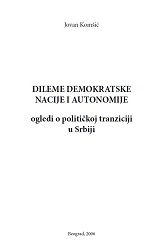
This book comprises essays on political transition in Serbia, written in the 1997 – 2006 period. Twenty-four works are devoted to sociological and politicological-legal aspects of the great changes in the now already considerably differentiated world of post-communism. Particular attention is focused on the problems of an overdue and deformed transition in Serbia, meaning that in the centre of the analysis there are complex interactions of culture and institutional structure in a society that has not yet emerged from the grip of a deep crisis of the change and has not resolved still numerous dilemmas in the confrontation with the many “shocks of the reality”. This relationship may actually be taken as the “red thread” of the topically various reflections of political controversies and theoretic-ideological dilemmas concerning the aims, contents, pace and means of building a modern state and nation, as well as of consolidation of democracy in a heterogeneous (multicultural, pluralist) social setting of Vojvodina and Serbia as a whole. All this has, therefore, caused the essays, the majority of which have so far been published in thematic anthologies and periodicals, to be grouped in this book in five topical wholes.
More...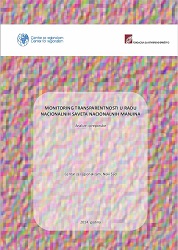
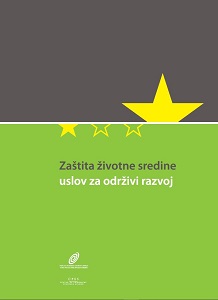
The aim of the project "What brings the European Union - case studies on the effects of Serbia's accession to the European Union in the fields of ecology, agriculture and cross-border cooperation" is to investigate and to indicate to citizens and decision-makers at the national and local level in Serbia whether, in what way, to what extent and under what conditions the processes of europeanization and Serbia's approach to the European Union increase the prospects of Serbia to accelerate its development and make better use of its development potential. Research was carried out in three areas: protection of the human environment, cross-border cooperation and agriculture. Research was done on the examples of specific local communities using the "case study" methodology, which allows one to easily observe the possible effects of europeanization on examples from practice and in a recognizable environment in which the citizens of Serbia live, face certain problems and try to solve them. The aforementioned three areas were selected for research because they are either spoken of as an essential development resource, regardless of the limits for their use (agriculture), or without a sufficient understanding of their function (cross-border cooperation), or without a clear observation of how and under what conditions they have a limiting or stimulating effect on other development potentials (protection of the human environment) and development resources.
More...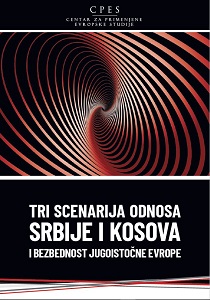
Almost twenty years have passed since the end of the war in Kosovo and more than ten years since Kosovo declared its independence. To this day, not only have the future and stable relations between Serbia and Kosovo not been finally defined during that time, but sometimes one gets the impression that they are still further away from that. And the reason is not in the absence of conversation. The Brussels dialogue, the current format of negotiations on the normalization of relations between the two sides, began in 2011, first as a dialogue on "technical issues", and in 2012 it was continued at the highest level. The outcome of this process was the so-called The first Brussels agreement in April 2013, which opened the way for Serbia to start negotiations on membership in the European Union from January 2014. Since then, the two sides have conducted negotiations and reached agreements on concrete issues - the status of the police force, the judiciary, the education and health systems, energy, etc. with different degrees of application.
More...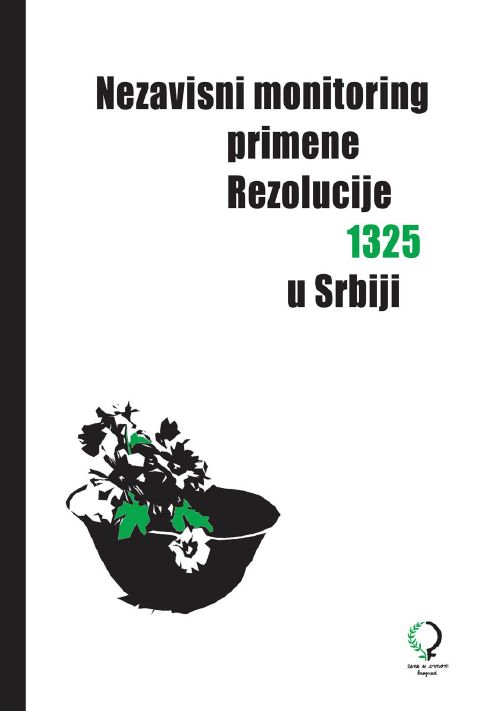
In the period from 1991 to 2000, Serbia was marked by significant processes, the effects of which are felt to this day: first of all, we are talking about the aggressive military campaigns of the then Serbian regime (from 1991 to 1995 on Slovenia, Croatia, Bosnia and Herzegovina, which continued after the Dayton Agreement with a low-intensity war against the Albanian population in Kosovo, which in 1999 resulted in a military intervention force of the NATO pact on Serbia and Kosovo). The Serbian regime is the most responsible for the breakup of Yugoslavia, primarily because the armed forces of the former Yugoslavia - the Yugoslav People's Army (JNA) - sided with it, and with various paramilitary formations, which without exception were under the control of the regime's security services, committed numerous crimes in various parts of the former Yugoslavia. The Serbian regime waged a war against the civilian population, but also wars of plunder whose purpose was to redistribute the national wealth...
More...
Violators of moral, political, cultural consensus, jumpers of ethnic barriers and walls, “deserters” from the national / patriotic and patriarchal honor have been exposed to various forms of repression for 30 years, relentlessly.
More...